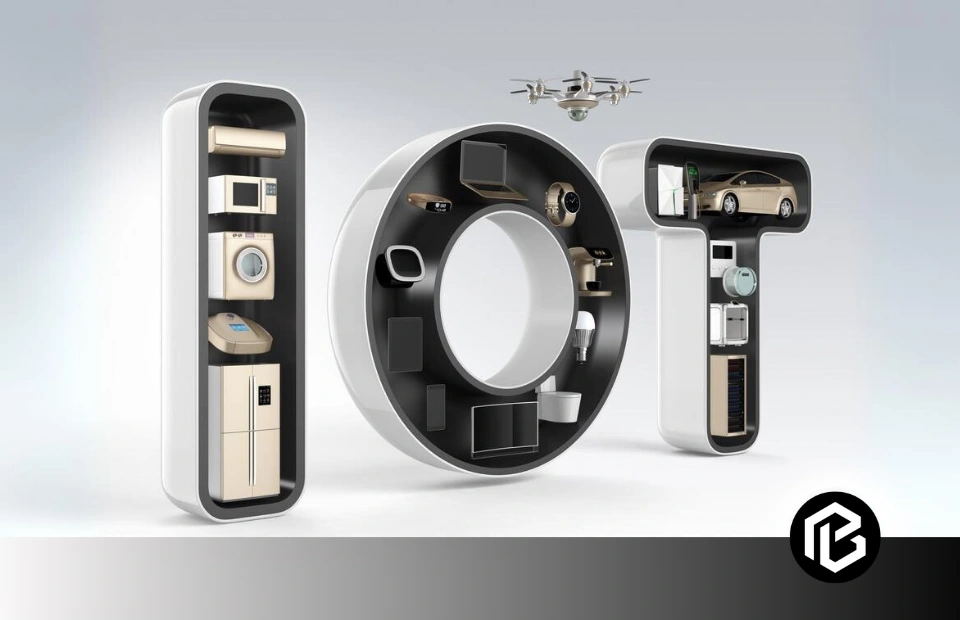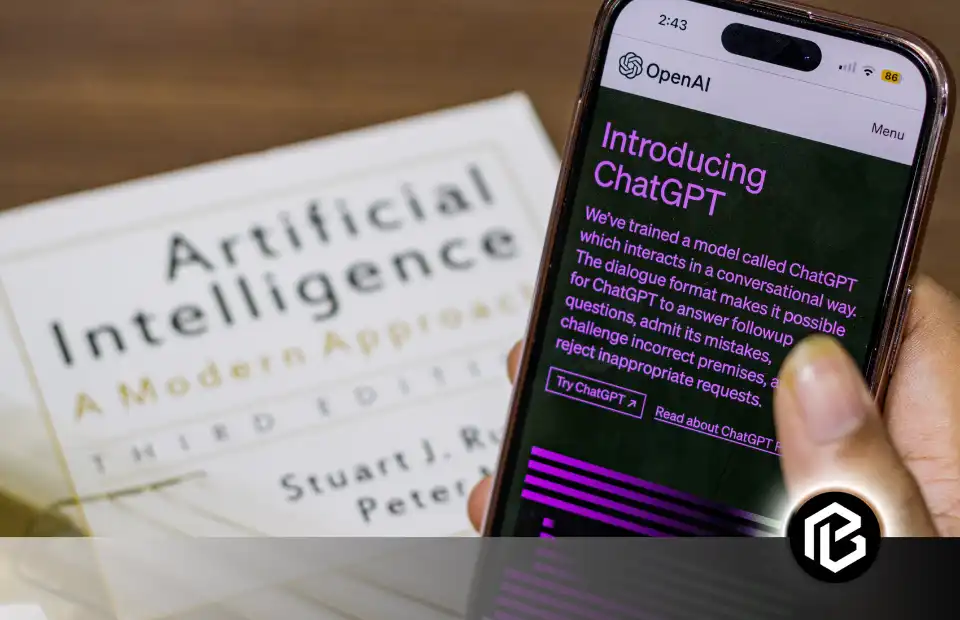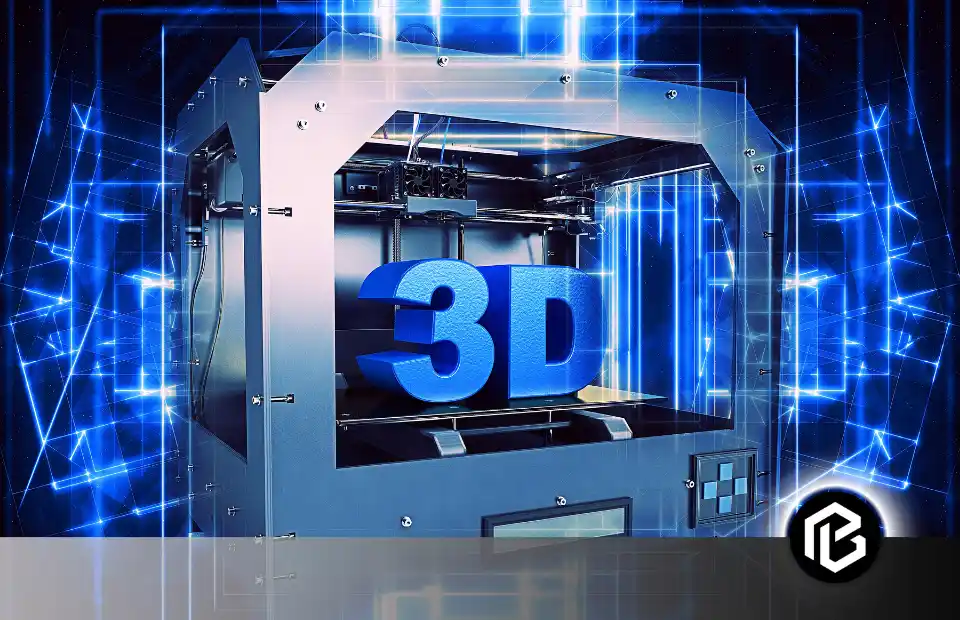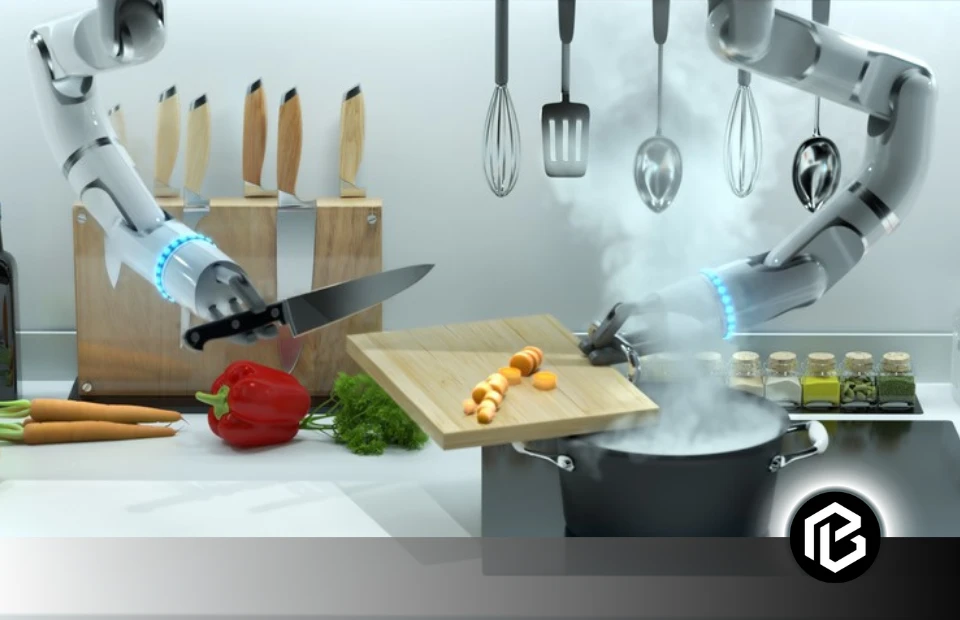Imagine a city where the signal traffic lights communicate with each other to control the traffic flow and you do not need to wait on busy roads for long periods of hours? This is just a glimpse of The impact of the Internet of Things (IoT) in Smart Cities!
It is like a real-time dance of efficiency.
What would it be like to live in the city of tomorrow? Let’s dive in and discuss how the Internet of Things (IoT) is transforming cities into interconnected and intelligent places.
What is IoT?
Let’s discuss what IoT is. Before moving on to IoT, we have a word in it “internet”.
What the internet does is, connect humans and convert the world into a global village. We can call it as Internet of humans.
Similarly, IoT is the Internet of Things in which things are any physical devices. These devices can share data and communicate with each other. Infrastructure is optimized, safety is enhanced, resource consumption is reduced, and quality of life for city dwellers is improved.
The Internet of Things (IoT) is shaping the way we live our lives.
The real-time examples of the Internet of Things (IoT) include smart home devices, wearable technologies, personal medical devices and much more exciting to explore.
Introduction to Smart Cities
Often asked what smart cities all are about. We could talk about high-speed wireless networks, connecting sensors and cameras, with self-driving cars and high-flying drones, in a data-driven city that never really sleeps.
But… Above all, smart cities should be about creating a better place for people.
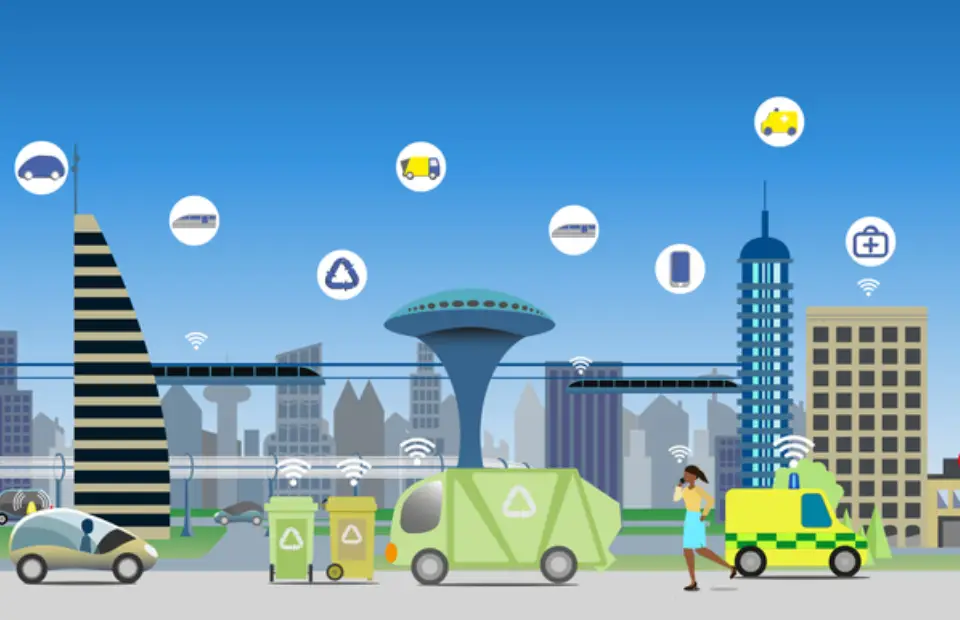
Let’s imagine a city communicating with its citizens and adapting the resources and services to their evolving needs. How? By analyzing air quality and traffic levels, a cleaner city could steer some dirtier vehicles to secondary routes and reduce pollution levels and traffic jams. By having a sensing city, that would enable people of all ages to get access to medical care as and when they need it.
In short, a city makes sure its citizens get the best possible quality of life and enjoy their city. Of course, all of this is enabled by some clever technology, sending terabytes of big data to and from the objects, people, and indeed the city itself. But we need to be sure that it all works safely and reliably all over the globe.
And this is where the standards people are involved. Standardizing all these exchanges helps bring the citizens, the technology, and the cities all closer together.
Applications of IoT in Smart Cities
Some thrilling applications of IoT in building and running smart cities are discussed:
1. Smart Traffic Light
The intensity of traffic lights adjusted with day and night.
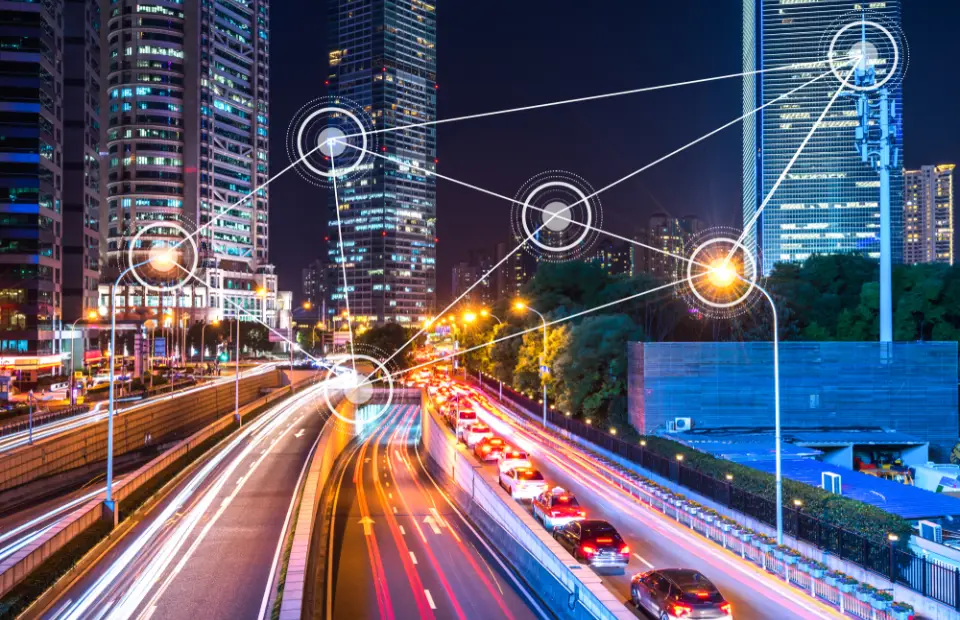
2. Smart Parking
The driver knows the availability of parking slots beforehand.
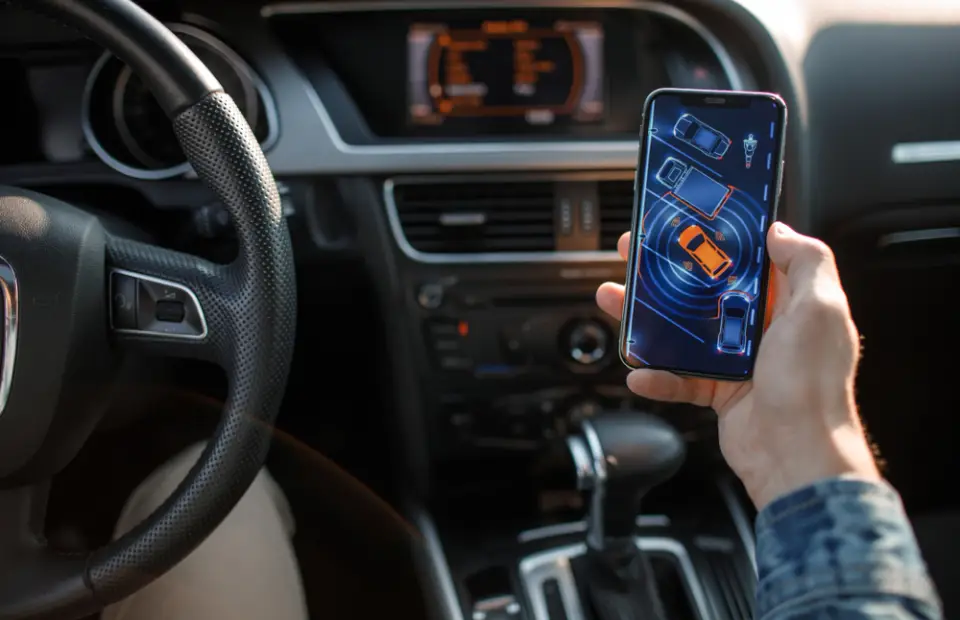
3. Remote Monitoring
Smart meters network enables utility companies to gain greater visibility and see how their customers consume energy and water. Remote monitoring includes smart sensors and switches as well.

4. Smart Street Light Control
Smart street lighting enables turning on/off lights w.r.t intensity of sunlight. Also, the intensity of the lights can be scheduled according to the requirement.
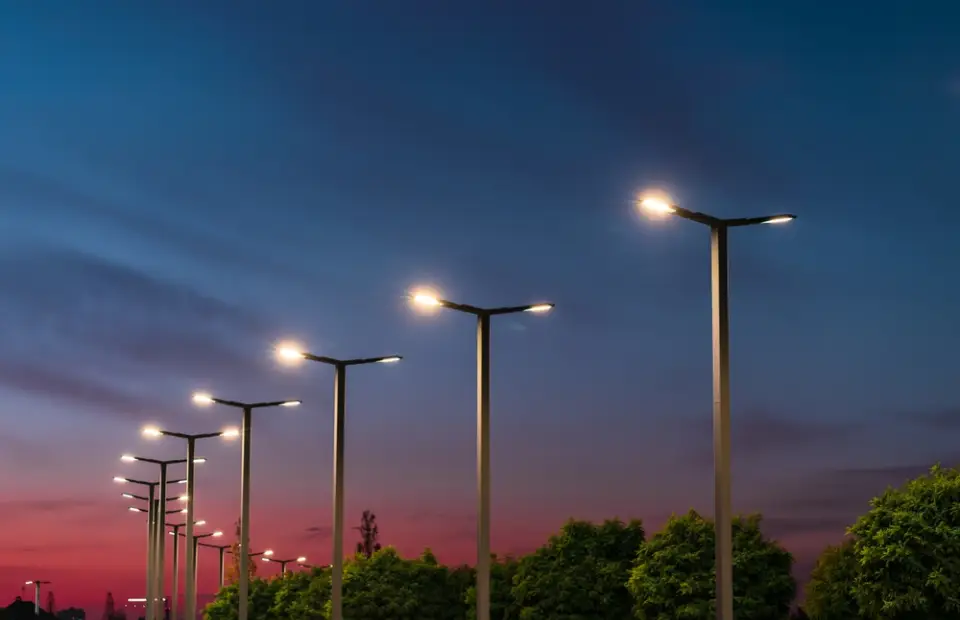
5. Waste Management
The level of garbage in the dustbins is monitored in a city and garbage collection vehicles is sent to specific areas of the city thus optimizing the waste management.

Cybersecurity for Smart IoT Cities
Your city has been hacked. This is the news everybody fears!! In cyberspace, there are money-oriented attackers, hacktivists, espionage experts, and cyberwarriors. Your city may be their target, or a step to achieve a wider goal. Being 100 per cent cyber secure is an impossible goal, but your city can be 100 per cent aware and on guard.
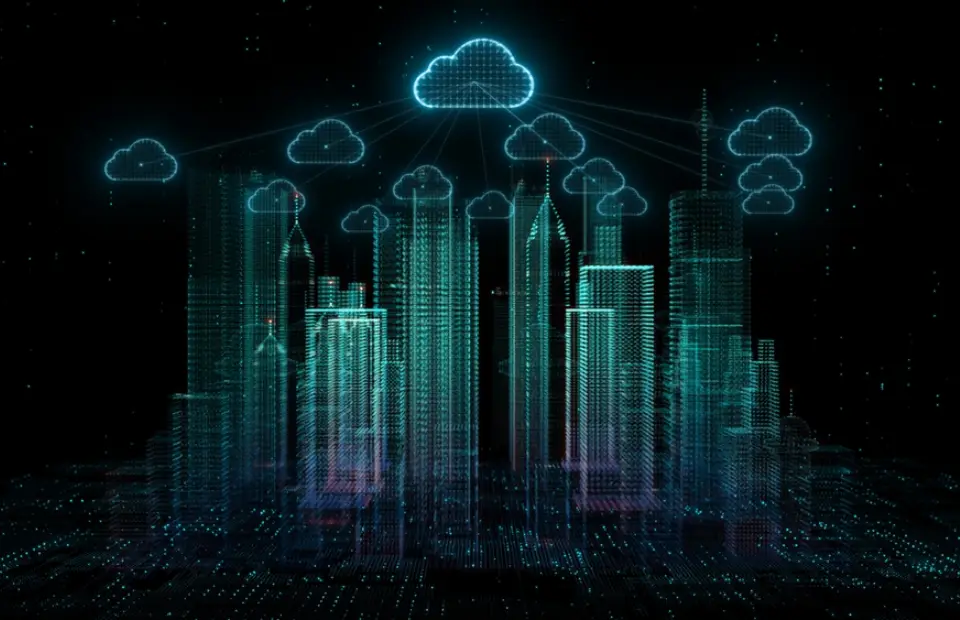
The cybersecurity companies for smart IoT cities develop smart IoT technologies, which are secured by design and by default. They deliver cybersecurity services to protect urban networks, devices, and applications, including awareness programs to educate and prepare people, vulnerability assessments, penetration tests, and code reviews. Cybersecurity experts are digital defenders and champions of our digital world.
Accurate monitoring, detection, and quick response to cyberattacks through their Security Operations Center. Are you ready to change the game?
Examples of Successful IoT Implementations in Smart Cities
Internet of things and smart city applications, how to make the livelihood of a city better.
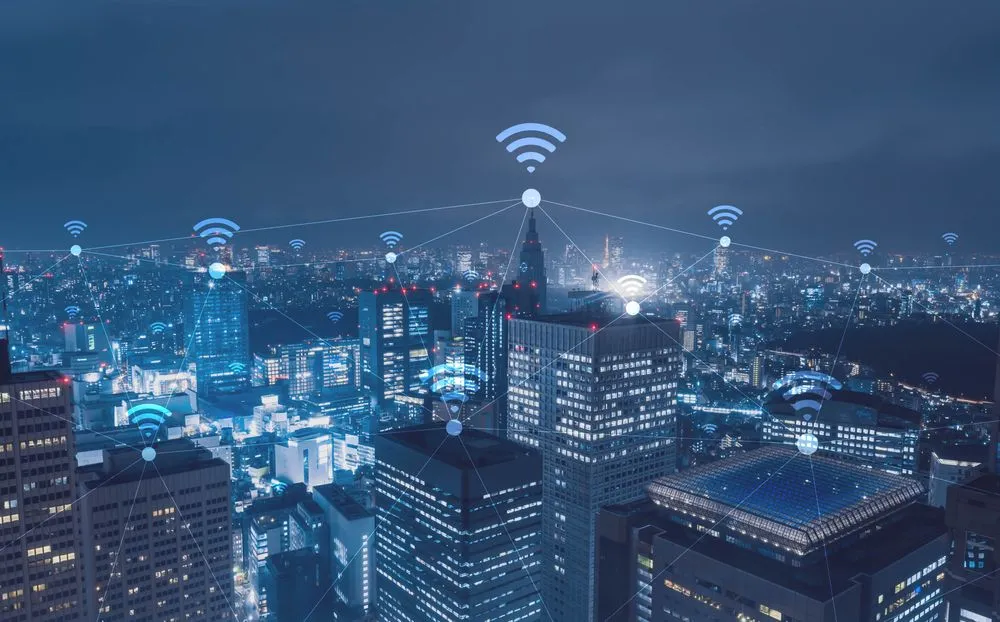
Lucy Zodian
The first one is Lucy Zodian. They created a smart streetlight controller, including a smart city platform that helps to efficiently control the streetlights as a city making sure that not only the maintenance is optimized, but also that you can control them on a very granular basis.
Bosch, Singapore
Bosch has provided a very rugged and easy-to-install parking sensor, and they focus on cities. Systems integrators and application builders are making apps with which users can find a free parking lot. It’s also widely used to govern parking lots or places where no cars are allowed, or no trucks are allowed at certain times to make sure that can be governed properly. What they also did is they also acknowledge that installing such a sensor is pretty time-consuming. So they created a special type of glue that allows you to easily install them without making a need to open up the streets.
City of Amsterdam
The City of Amsterdam is tracking different bins. You could say these are smart bins. The fill rate is sent to a central system making sure that the logistics and operations around cleaning these bins are efficient.
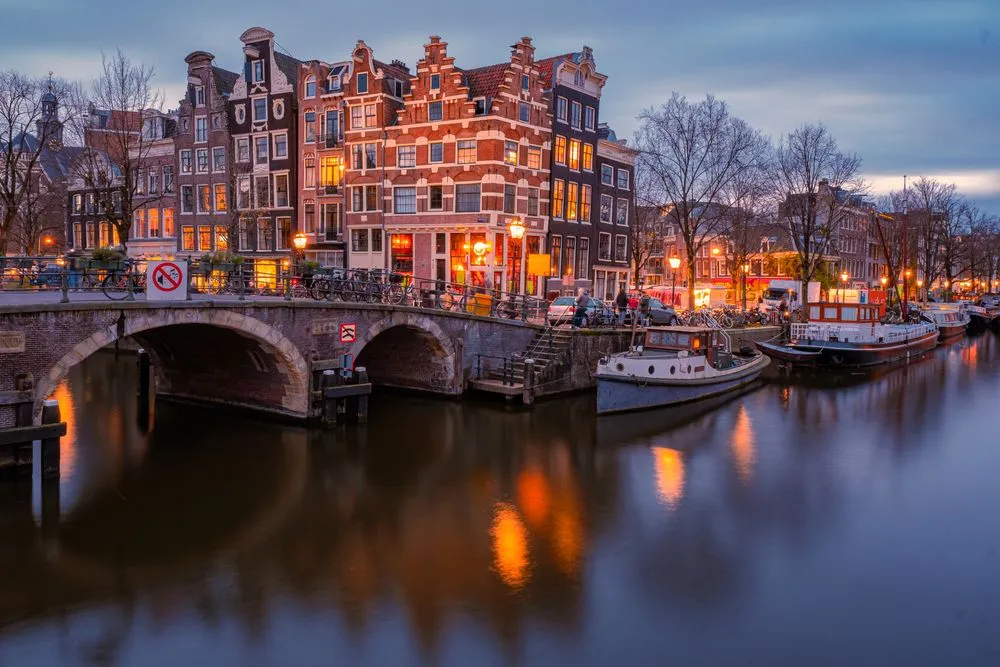
Fluvius, Belgium
Fluvius from Belgium in Flanders is a utility company that is using it for all kinds of different smart meter applications, among which smart metering is doing all kinds of measurements around their infrastructure, but they also use it for different smart city solutions as well.
Decent Lab
A decent lab has a huge range of devices that are all operated through a similar controller, and they have high-quality sensors that can measure microclimates in cities where you want to know. If there are situations in a city where, for instance, you have an excessively high temperature or a high humidity whatsoever this data can feed into the systems that cities operate.
Gaussian Buzzer
At last, the Gaussian Buzzer uses smart metering. If you know what the meter says, you don’t have to employ a huge amount of people to do the readings or depend on the households themselves to do the readings and fill them in online.
The Benefits of the IoT for Smart Cities
The Internet of Things, IoT, has rapidly gained popularity as one of the most promising technologies in the modern world. One of the most exciting applications of IoT is in the creation of smart cities. Let’s discuss the benefits of the Internet of Things for smart cities.

Improved Traffic Management
One of the most significant benefits of IoT for smart cities is improved traffic management. The integration of IOT sensors in traffic lights, roads, and vehicles can enable real-time monitoring of traffic flow, reducing congestion and enhancing road safety.
Increased Energy Efficiency
IoT can help smart cities become more energy efficient. The integration of IoT sensors in buildings, streetlights, and other public facilities can monitor energy consumption patterns and adjust usage to minimize waste.
Better Waste Management
IoT sensors can also improve waste management in smart cities. Smart garbage bins equipped with IoT sensors can automatically detect when they are full and notify waste management teams to collect them, reducing the frequency of collection and minimizing costs.
Enhanced Public Safety
IoT can also enhance public safety in smart cities. IoT sensors can be used to monitor crime-prone areas and detect anomalies in public spaces, alerting law enforcement authorities to take appropriate action.
Additionally, Smart Street lighting systems can provide brighter lighting in high-risk areas, further increasing public safety.
Improved Health Care
IoT can also help improve health care in smart cities. Medical devices, wearables, and other health-related IoT devices can collect real-time health data.
So, I’ve run through a few smart city applications here what you see is that it’s solving a lot of different problems with a lot of different sensors that are widely available in the ecosystem.
Conclusion
In conclusion, the Internet of Things (IoT) has enormous potential for smart cities, reduces resource consumption, and improves the quality of life for urban residents, waste management, public safety, and healthcare. With the continued development and deployment of IoT technology, Smart cities can become more sustainable, efficient, and livable places to live and work.
Enhanced public safety, and improved health care, smart cities can become more livable and environmentally friendly. I hope you found this article informative.
Frequently Asked Questions on Internet of Things (IoT) in Smart Cities
How does IoT technology contribute to making cities smarter?
IoT technology contributes to making cities smarter by enabling real-time monitoring and management of various urban systems such as transportation, energy, water, waste management, public safety, and environmental quality.
How does IoT enhance urban mobility and transportation?
IoT enhances urban mobility and transportation by providing real-time traffic monitoring, optimizing public transit routes, managing parking spaces, facilitating ridesharing services, and improving overall transportation efficiency and safety.
What benefits does IoT bring to public safety in smart cities?
IoT enhances public safety in smart cities by enabling video surveillance with analytics for crime prevention, detecting emergencies such as fires or accidents, monitoring air quality and pollution levels, and providing early warning systems for natural disasters.
What challenges does the adoption of IoT pose for smart cities?
Challenges of IoT adoption in smart cities include concerns about data privacy and security, interoperability of diverse IoT systems, scalability of infrastructure, digital divide issues, and ensuring equitable access to IoT-enabled services for all residents.
How will IoT continue to shape the future of smart cities?
IoT will continue to shape the future of smart cities by driving innovation in urban planning, infrastructure development, service delivery, and citizen engagement, ultimately leading to more efficient, sustainable, and livable urban environments.


